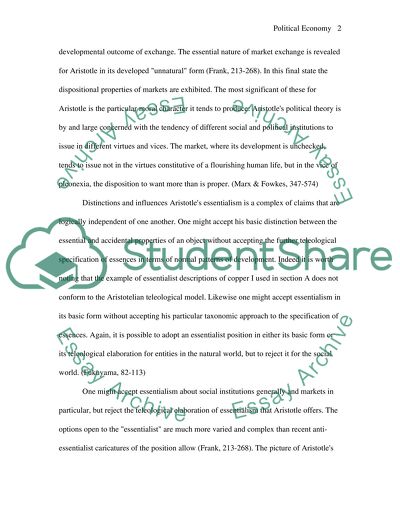Cite this document
(“Contemporary Theories of Political Economy Essay - 1”, n.d.)
Retrieved from https://studentshare.org/miscellaneous/1502381-contemporary-theories-of-political-economy
Retrieved from https://studentshare.org/miscellaneous/1502381-contemporary-theories-of-political-economy
(Contemporary Theories of Political Economy Essay - 1)
https://studentshare.org/miscellaneous/1502381-contemporary-theories-of-political-economy.
https://studentshare.org/miscellaneous/1502381-contemporary-theories-of-political-economy.
“Contemporary Theories of Political Economy Essay - 1”, n.d. https://studentshare.org/miscellaneous/1502381-contemporary-theories-of-political-economy.


